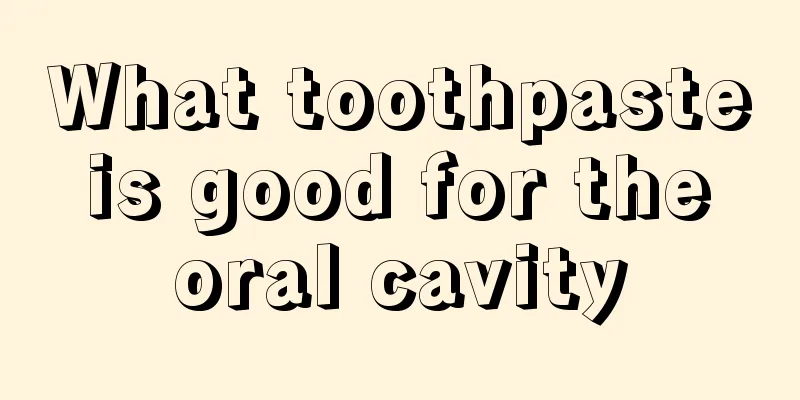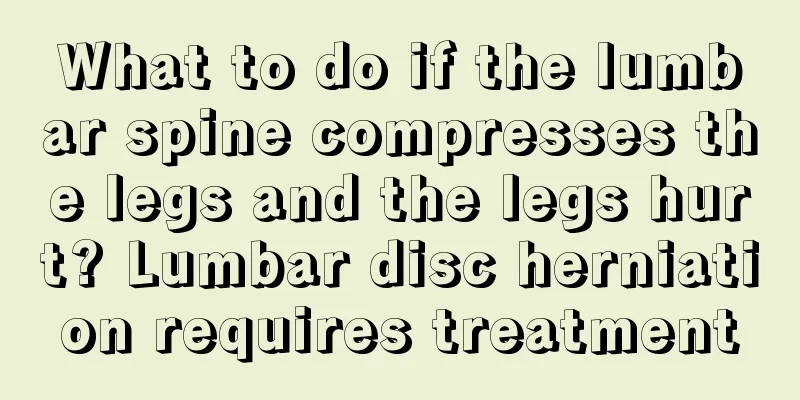What toothpaste is good for the oral cavity

|
In order to ensure oral hygiene and promote dental health, you should brush your teeth at least twice a day. When brushing your teeth, you have to face the problem of toothpaste. There are a wide variety of toothpastes on the market. Some people don’t know which toothpaste should be chosen for their teeth. If you want to choose the right toothpaste, you should first choose according to your age and dental condition. Let’s take a look at this aspect. What toothpaste is good for your oral cavity? 1. Ordinary people: fluoride toothpaste It is best to choose a toothpaste containing fluoride. Experiments show that brushing your teeth twice a day with fluoride toothpaste reduces the risk of tooth decay by 40%. In addition, it is best to prepare two types of toothpaste at the same time: focus on cleaning during the day and focus on antibacterial at night. During the day, focus on the cleaning function, remove foreign matter and odor, and improve the disease resistance of gum tissue; at night, focus on antibacterial and bactericidal functions to reduce the nutrients available for bacterial growth and prevent caries. 2. Children: ordinary toothpaste It should be noted that children under 6 years old are best to use special children's toothpaste and not fluoride toothpaste, so as to avoid accidentally swallowing toothpaste and causing excessive fluoride intake. 3. Pregnant women: toothpaste containing salt Generally speaking, pregnant women who do not have obvious gum inflammation, swelling, pain, or bleeding can use fluoride toothpaste. Alternatively, you can also choose salt whitening toothpaste. According to experts, the salt in salt-white toothpaste has anti-inflammatory and tooth-healthy effects, but the anti-inflammatory effect is weak. It is the safest weak anti-inflammatory toothpaste for pregnant women. Pregnant women with recurring oral inflammation can use it for a long time. 4. People who are prone to tooth decay: desensitizing toothpaste Toothpaste contains sodium fluoride, stannous fluoride, strontium chloride, potassium nitrate, etc., such as sodium fluoride toothpaste, acid-proof toothpaste, desensitizing toothpaste, etc. Regular use of this type of toothpaste can prevent and treat allergic pain caused by teeth being allergic to cold, heat, sourness, sweetness, etc., increase the acid resistance, hardness, and wear resistance of tooth enamel, and prevent and treat tooth decay. However, desensitizing toothpaste cannot be used for a long time. It is recommended to use it for one month. Otherwise, it will inhibit certain bacteria, but other bacteria may multiply in large numbers. If the corresponding symptoms disappear, you can stop using it and switch to other toothpastes; you can also use two or more toothpastes alternately. 5. Periodontal disease patients: Chinese herbal toothpaste Toothpastes containing the traditional Chinese medicine Panax notoginseng or the herbal medicine Liangmianzhen, such as Panax notoginseng toothpaste, Caoshanhu toothpaste, Liangmianzhen toothpaste, etc. all belong to this category. Regular use of this type of toothpaste has a certain effect on periodontal disease. Dentists are afraid of this toothpaste It is reported that many ingredients in toothpaste are harmful to our health, and some chemicals may cause oral cancer, breast cancer, neurological diseases, heart diseases, mouth ulcers, gum damage, etc. 1. Descaling toothpaste: can easily cause oral ulcers The oral mucosa is one of the most delicate tissues, and sodium lauryl sulfate is the strongest and most effective cleansing agent, which may cause allergies or damage the oral mucosa, leading to chronic oral ulcers. Experts remind that people who often suffer from oral ulcers or those who are in the ulcer period should not use toothpaste containing sodium lauryl sulfate. 2. Whitening toothpaste: damages gums Many toothpastes contain bleaching agents such as hydrogen peroxide to whiten teeth. However, they can irritate soft tissue, damage the oral mucosa, and injure the gums. In fact, the whiteness of teeth is related to enamel and dentin, which is difficult to change with toothpaste. Although bleaching agents can remove some stains on the surface of teeth, they have little effect on deep endogenous stains on teeth. |
<<: Can asthma patients sweat steam?
>>: Can trigeminal neuralgia heal itself?
Recommend
What is the reasonable treatment for lung cancer? The most effective way to treat lung cancer
Lung cancer is the most serious cancer in the wor...
How to wash ink off clothes
Calligraphy is one of China's national treasu...
Causes of cystic acne conglobata
Cystic acne conglobata is a more serious type of ...
What to eat to get better quickly from a bad stomach
A bad stomach is a very common and uncomfortable ...
Analysis of common ovarian cancer treatment methods
Choosing the right method to treat ovarian cancer...
How long can I live with itching in the late stage of liver cancer? Should I stay in the hospital or go home?
Advanced liver cancer is a dangerous and challeng...
What are the treatment principles of ovarian cancer surgery
The mortality rate of ovarian cancer ranks first ...
What sequelae will be left by surgery for pituitary tumors? What to eat for pituitary tumors
Although pituitary tumors are benign tumors, how ...
What is the oral care operation process
Having white teeth is what people pursue nowadays...
How long after a meal can I take a shower?
Taking a bath is something people do frequently. ...
What are mites
Mites are actually tiny animals that are closely ...
Can allergies cause coughing?
Allergies may not seem serious, but they can actu...
What to do if wooden furniture has termites
Wooden furniture looks original, and it can be ca...
What does lung pain feel like?
With the fast-paced life and work, coupled with t...
How to fix red blood streaks on the face? This facial mask works great
Red blood streaks on the face will greatly reduce...









